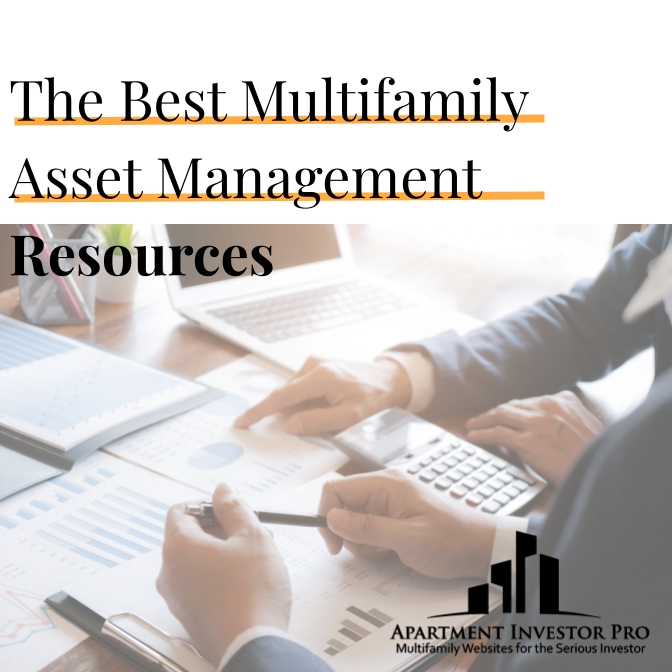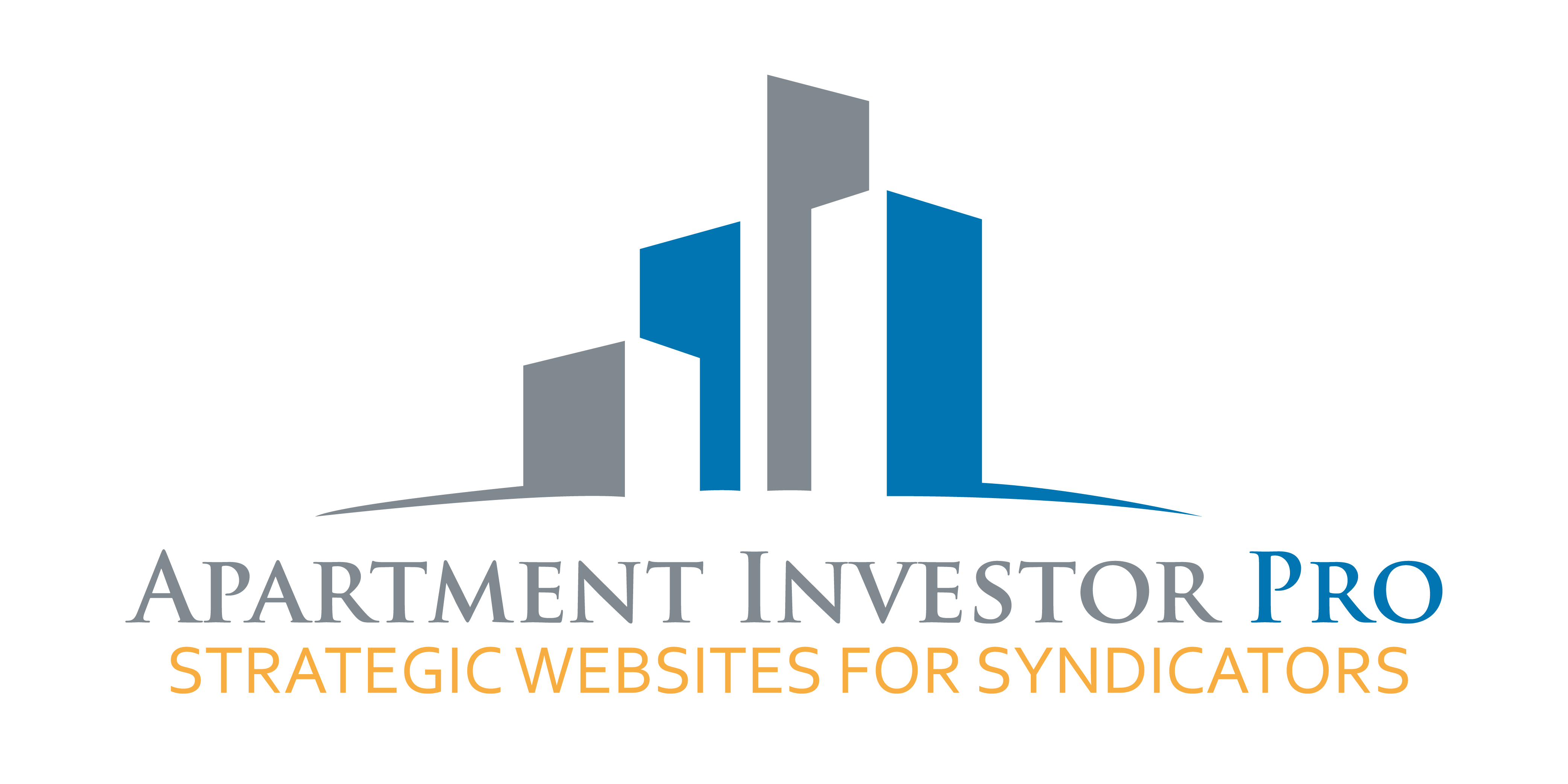
Keys to Multifamily Asset Management for Investors
Todd Heitner
Moving to increasing profitability. So taking a property that you have and maybe decreasing expenses, increasing income. What are some things, let’s say, with decreasing expenses? What are some ways that you might do that?
Anthony Chara
Some of the ways you can do that would depend on what’s happening at your particular area. I’m actually a very big proponent of putting in better quality flooring. A lot of people don’t think about it because they look at the flooring that’s in the property right now and they could potentially recarpet an entire apartment unit for $500 or $1000.
I try and get them to put in a better quality flooring like vinyl plank or ceramic tile or something like that. And they’ll look at that and they’ll go “Well, yeah, but that’s instead of $1000 that’s $1500 to do the vinyl plank flooring.” And I’ll say “You know what? You’re right, but guess what? In 2 to 4 years, depending on how the residents take care of that crappy” it’s actually called renter grade carpet for a reason. “In 2 to 4 years, you’re going to have to replace that again for another $1000. When do you think you’re going to have to replace your vinyl plank flooring again?” So one of the things that I do to decrease the overall expenses is to actually increase how much I’m spending on the property now to upgrade certain things, to upgrade things like the flooring.
Even putting in a better quality paint. It may not seem like a whole lot but there’s a big difference between putting in crappy low grade paint that you can’t just after a while, if you go in and just kind of touch it up, it’s going to show you’re going to see spots all over the wall. So how do you get rid of that? You have to paint the whole thing. But if you put in a better quality of paint like a semi gloss or an eggshell or something like that you can literally go in and just have somebody wipe down the wall and get rid of some of the stuff that’s on it and not have to worry about repainting it. Same thing with the exteriors or something you could do the exterior or if you do have to replace the roof can you upgrade the roof to something that’s going to last a little bit longer even though it’s going to cost you more now? Is it going to “A” save you more money in the long run? And “B” is it going to increase the value of the property?
So somebody new coming in that wants to buy it from you is looking around like “Wow, this thing is great. You’ve already done the vinyl plank, you’ve already put on X type of roof. You’ve already put on this kind of kind of siding. There’s nothing for me to do with it. It’s already taken care of.”
So that’s the biggest thing or one of the biggest things is actually spending more. I know it sounds kind of counterintuitive, right? How do you lower your expenses, spend more money. Yeah, kind of interesting.
But the other thing we look at, too, is, again, with contractors. If we have a painter, if we have a plumber, if we have an electrician, who are we using and how much are they charging? Is there somebody else out there that we can maybe bring in on a trial and give them the opportunity to do some work for us to maybe get the same work or better work for less money? You can always look at your taxes. You can always look at doing what’s called protest your taxes, right? Your property taxes. It might cost you a little bit but you’re going to save that if you can get your property taxes lowered. Even things like water bills. Are there water saving devices that you can put on the faucet? So can you put in low flow toilets? One of the things that we did on one of our properties is we got the residents to pay for their own water. We actually went in and submetered every single unit and now they get a separate water bill and they pay for exactly what they’re using. That was the best thing that we ever did. Cost us about $16,000 to do 74 units. And we got that money back within, I think it was 16 months, because we no longer had to worry about paying the water bill. And so it was a great way to lower our expenses. The opposite side.
You’re probably going to ask this next. How do you increase the revenue?
Well, one of the ways we increase the revenue, right, was we got the residents to pay for their own water. We also, of course, do the rental survey at least once, if not twice a year, just to see what’s going on in the rental market to see if we can raise the rent. Is there is there can we put laundry equipment on the property? Do we have laundry with a service provider where they take a huge chunk of the profit? If if that’s the case, how do we get rid of them and go get our own equipment? So instead of getting 40% of the quarters we can get 100% of the quarters. And of course, if you’re putting in new equipment, you shouldn’t have to worry about a lot of maintenance and repairs if the equipment’s five, ten years old it’s constantly breaking down. So that’s an issue.
Anything else that we can do? Another thing we’ve done or what are called rubber systems ratio. Utility bill, back systems where unlike the water on the one property where we could actually charge them or build them for the exact amount they were using, you might have to prorate it on a ratio and usually square the square foot of their unit compared to the square feet of the entire complex. And they might have to pay that portion of their electricity or their water or their gas or any number of things. We started started charging for pets. A lot of people don’t charge for pets. We charge a non-refundable fee when they move in. Plus we charge pet rent so they pay anywhere from ten to 20 to $30 per pet per month if they want to have little fluffy with them.
Todd Heitner
So the rub system, does that fluctuate from month to month? Is it based on the actual usage and it just kind of divide it up?
Anthony Chara
Yeah, the best way to do it is to actually do it as as I mentioned, it’s the square foot of their unit, divided by the square foot of the entire complex. And then what you do is you get a percentage and then based on that percentage every month you have a spreadsheet set up, set up. So every month when the electric bill comes in, you just put in the amount of the electric bill and it automatically goes down. It goes, here’s how much everybody owes, and then your property manager gives them a bill in the middle of the month that says, Hey, when your rent is paid on the first of the month, you need to add $30.82 because that was your portion of the electricity and it’s all written in the lease. So you can’t just start charging them for it. It has to be in the lease so that they know they’re going to be paying for it. Yeah, but that’s it’s pretty simple to do it at that point.
We’ve had other properties where we charge a flat fee. I do not recommend that we did that on one of our properties with water. We started charging $10 a month for one bedrooms and $20 a month for two bedrooms. And it’s what I call the buffet effect within three months or water bill doubled. Oh, wow. And I think it was because the resident said “Well, hey, if you’re going to start charging me for it, I’m going to start using it.” Yeah. And the water bill just went through the roof on the other property where we had another partner of mine had a different property where he was able to meter them and everybody’s now paying for exactly what they’re using. The water bill actually cut in half within three months.
